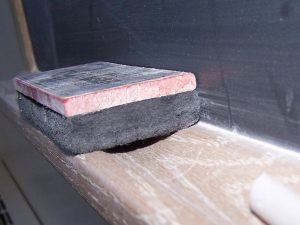We have previously discussed a new expungement law that will go into effect in North Carolina in just a few weeks. The measure, scheduled to be implemented on December 1, 2017, is aimed at improving the currently cumbersome expungement process. The law is specifically designed to make the process faster and simpler for those hoping for a fresh start. Though we have mentioned several aspects of the new law, we have not yet discussed in detail the requirement by background check entities to delete expunged records. For more information about this issue, keep reading.
 Background
Background
Before we jump into the details of the duty to delete expunged records, we should take a moment to reiterate some of the most important aspects of the new law. Currently, anyone interested in an expungement must wait a long time, 15 years for felonies or misdemeanors, assuming the conviction is first-time and non-violent. The newly revised law says that the wait time for first-time, non-violent felonies will be dropped to 10 years. First-time, non-violent misdemeanors will have even short waiting periods, as these will now be reduced to only five years. The new law is also helpful to those eager to get a clean slate in that it removes limits on expungements for dismissed charges or not guilty verdicts.
 How Can I Get an Expungement in North Carolina?
How Can I Get an Expungement in North Carolina? Charlotte Criminal Lawyer Blog
Charlotte Criminal Lawyer Blog


